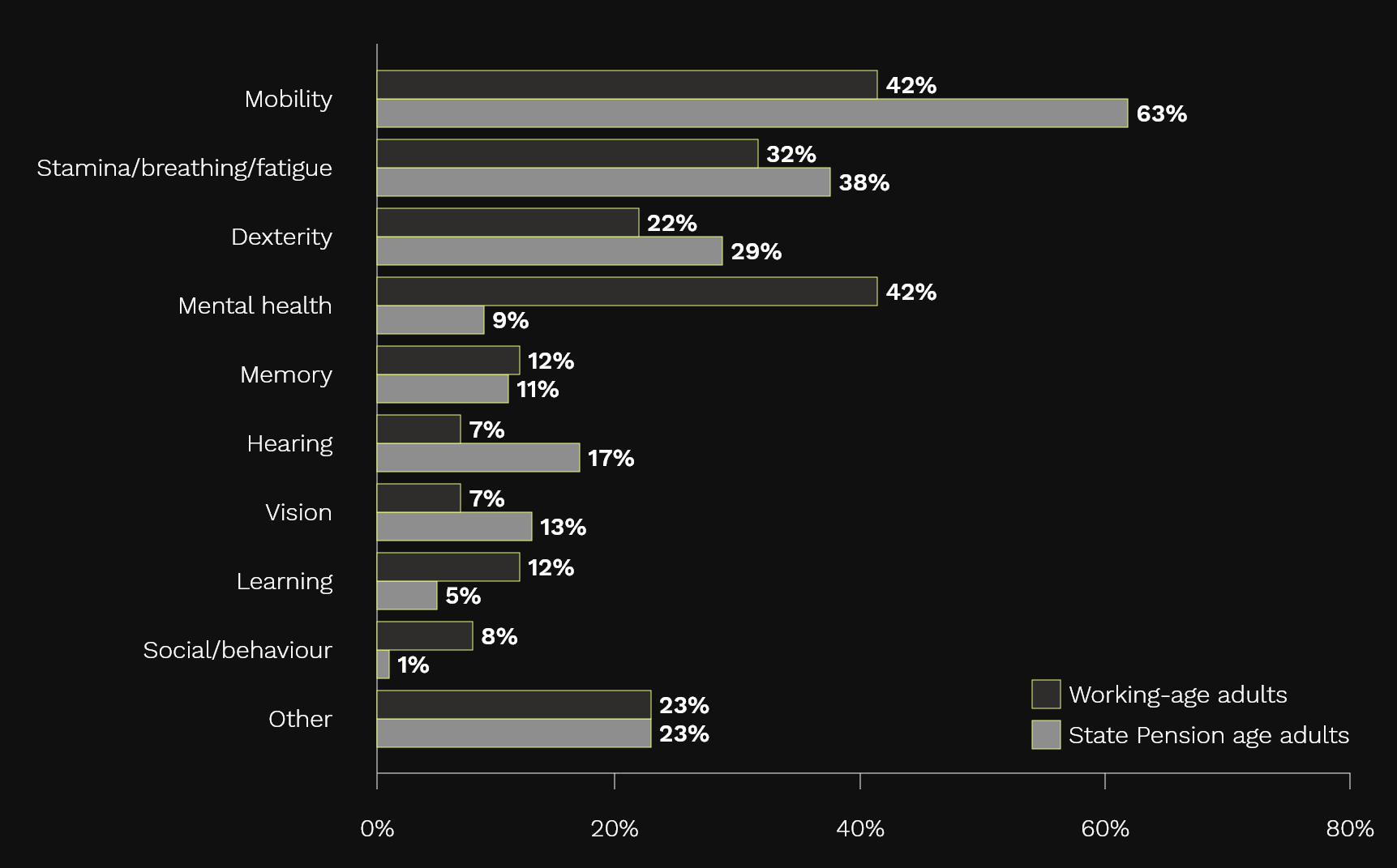
Good Citizenship

INCLUSIVITY
Whilst we cherish and reward high performance we also recognise that we don’t live in a perfect meritocracy; we don’t each get to start from the same place.
Therefore, we need to consciously make additional effort for people from underrepresented groups to achieve equality rather than only equality of opportunity.
We have measures in place to deliver against this aspiration such as clear job descriptions with published salaries, a gender balanced board since founding, gender pay gap measurement and organisation wide unconscious bias training.
Being inclusive and diverse is the right thing to be but its also essential due to the nature of our business.
We design and build data products and services for important commercial and public sector institutions.
These services then operate and sometimes make decisions in a diverse society. Diverse teams give us the best chance of incorporating different, non exclusionary perspectives into our code.
Despite this, we recognise that the Pivotl team is still not diverse enough, and we commit to keep learning and improving.
It goes without saying that Pivotl won’t tolerate explicit discriminatory behaviour such as sexism, racism and ableism.
This is expressed in our Code of Conduct. This is a 360 degree standpoint – no one at Pivotl is to be negatively judged or excluded based on age, race, sexuality, gender, religious belief or disability.
Should this occur then our Code of Conduct will be invoked and it is equally applicable to all colleagues irrespective of your own status.

Environment
Cleaning our Own House
Pivotl want to tread as lightly as we can, avoiding waste and only using what we need in order to deliver for our clients, people and partners. Balancing environmental concerns with growing a business is a complex matter, which means we need to be consistently conscious of the impact on the planet of the decisions we make – and use data to ensure we are making progress.
We will measure our carbon emissions every three months and publicly report our progress against our Carbon Reduction Plan at least once a year.
As a newer business, this year, we are in the process of establishing our baseline emissions. Once this has been captured we will develop and publish our carbon reduction plan with a plan to achieve Net Zero in an appropriate timescale.
In the meantime, we will take common sense carbon reduction actions including an entirely remote workforce and minimal/shared use of physical infrastructure.
We will offset significant emissions caused by decisions that we feel are unavoidable for business reasons.
Helping to Clean Someone
Else’s House
We also have an obligation to help our clients meet their environmental goals and minimise their impact on the planet. As a capital light, knowledge based service business our scope to help the environment is bigger here than through simply measuring and reducing our own emissions.
Cloud now has a greater carbon footprint than the airline industry.
A single data center can consume the equivalent electricity of 50,000 homes.
At 200 terawatt hours (TWh) annually, data centres collectively devour more energy than some nation-states.
The electricity utilised by data centers accounts for 0.3 percent of overall carbon emissions, and if we extend our accounting to include networked devices like laptops, smartphones, and tablets, the total shifts to 2 percent of global carbon emissions.
Stats from The Staggering Ecological Impacts of Computation and the Cloud by Steven Gonzalez Monserrate published in The MIT Press Reader.

Client Environment Review
We incorporate environmental considerations into our delivery model from the outset and it permeates throughout the lifecycle.
One of the biggest factors impacting a client’s cloud environment is the data centre and the energy source it uses. Bigger demands are placed on the data centre if the cloud environment is utilising a lot of unnecessary resources, virtual machines, and services that are often not needed. Native cloud technologies, such as serverless, are not only cost effective, carry less overhead, and provide rapid value, but they also reduce the amount of resource needed and can be spun up and down based on demand, which can have a positive impact on the environment. We consider environmental impact as part of our strategy and advisory service and in how we design and build data solutions from our clients.
All web applications carry a carbon footprint based on data being transferred, energy consumption of data from the data centre and its electricity source, front-end assets and website traffic. We embed and test against a carbon calculator as part of our build pipelines to help make improvements, where viable, and promote a more sustainable ecosystem.

Society
We are conscious of how privileged we are to work in such a buoyant, interesting and influential sector. We are also conscious that many people, through no fault of their own, never have a chance to play a productive role in this sector. One community that suffers from barriers to employment and full economic participation are those with Invisible Illnesses. Invisible Illnesses covers a range of conditions that cause significant physical and mental health problems for sufferers but their symptoms are not visually obvious to wider society. As a result medical research, treatment options and financial support are often lacking.
Examples of Invisible Illnesses include Endometriosis, Lyme and other Tick Borne Disease, Fibromyalgia, Colitis and a number of mental health conditions.
Impairment types reported by disabled people
Percentage of disabled people, April 2020 to March 2021.

Source: Department for Work and Pensions, Family Resources Survey: Financial year 2020 to 2021. Respondents can report more than one impairment type.
Pivotl contributes in a number of ways:
Each year we sponsor, contribute and support a fundraising campaign related to some aspect of invisible illness.
1% of company equity is allocated to a charity supporting those with invisible illness.
Annually we will employ/offer some form of work opportunity to people from the Invisible Illness community to rehabilitate their career, finances & support a reintroduction to an active economic life.
This year for our fundraising initiative we are supporting Lyme Disease UK
Read more about why here…